Ways To Beat Brain Fog & Enhance Mental Resilience
Clean Up Your Diet
“A diet that’s high in sugar and inflammatory foods can trigger brain fog and headaches, as well as other symptoms such as low concentration, mood swings, irritability (aka feeling ‘hangry’) and energy slumps, especially in the afternoon. Foods high in sugar spike blood sugar levels and tell the body to store glucose as fat rather than use it. Fluctuations in your glucose levels affect your brain more than any other organ. This, in turn, upsets your gut-brain axis, which makes you feel flat, low in energy and even depressed or anxious, for 95% of your serotonin is produced in your gut. Avoid sugary food and drinks, and artificial sweeteners – the chemicals play havoc with your neurotransmitters (and are also linked to weight gain). If you choose to eat starchy carbohydrates, choose whole grains such as brown rice, opt for brown rice pasta over gluten pasta, and butternut squash over white potatoes.” – Dr Simoné Laubscher, functional nutritionist, naturopath & formulator at WelleCo
Keep Blood Sugar Balanced
“To balance glycaemic load and avoid a rollercoaster effect on your blood sugar levels, eat some form of wild protein such as line-caught fish, and good fats such as avocado, olives and extra virgin olive oil at every meal. If you love fruit, opt for lower GI varieties like apples, peaches, pears, plums or berries. If you love the sweet ones like mango, always combine with unsalted, unroasted nuts such as walnuts, which have been proven to support brain health. Be wise when it comes to hidden sugars, too – sucrose, glucose, fructose, lactose, malt, malt extract, corn syrup, syrup, raw cane sugar and honey are all different names for sugar.” – Simoné
Don’t Fear Fats
“Healthy fats feed your brain. In fact, fat is the brain’s preferred food. The best sources are found in fatty fish, extra virgin olive oil, nuts and nut oils, coconut oil, seeds and avocados. At the same time, avoid animal-based saturated fats, such as cheese, butter, cow’s milk and chocolate, as well as trans fats found in vegetable oil, margarine, fast food and commercial baked foods. Instead of cooking with butter, use coconut oil, use organic almond butter instead of a big-name peanut butter, and switch sour cream for organic kefir.” – Simoné
Stick To One Coffee Per Day
“Coffee is a double-edged sword – while it can make you feel more alert, productive and motivated, it can also leave you hyper, anxious and unable to focus. When consumed as part of a balanced diet, it can increase your circulation, which in turn stimulates your liver, and is great for performance and mental clarity. It has even been linked to supporting blood sugar levels in diabetics. But drinking too much can lead to poor health and addiction. Stick to one quality cup of coffee daily and hydrate with 500ml of water for every cup of coffee. Avoid drinking caffeine after 2pm, as it has a half-life of three to five hours, meaning it can stay in the body for six-plus hours. If you struggle with your sleep, this is a must.” – Simoné
Take A Supplement
“In an ideal world, you’d get everything you need from a healthy, balanced diet that’s organic and homegrown, but this is very difficult to achieve, and modern agricultural practices mean we don’t always get the essential nutrients we need from our diet. If you are struggling with brain fog, consider taking a quality B-complex vitamin as well as vitamins C and D. An omega supplement can also help – ideally look for one that contains DHA, the form of omega that is found in the brain. I’m also a huge fan of magnesium supplementation as stress leaches magnesium from the body, and it’s incredibly hard to replace with diet alone. A good-quality probiotic is also crucial to support the gut microbiome against the effects of stress, processed foods, stress and alcohol. Try Heights for an all-round supplement and Symprove for a probiotic.” – Tara Swart, neuroscientist & chief science officer of Heights
Hit The Pillow
“Without deep, restorative sleep, the brain cannot detox from the day it has had, which leaves you in survival mode. Reduced sleep over a short period due to work and life commitments isn’t a huge problem, but poor sleep over a period of months, or even years, is a different story and needs to be addressed. If you have had a poor night’s sleep, hydration the following day is key to staying alert. Since your body is made up of around 50 trillion cells, if you drink two to three litres of filtered water, your cells will be like fat, healthy grapes instead of shrivelled raisins, which allows goodness to flow in and junk to be removed. This also takes the pressure off several body systems, reducing inflammation, boosting metabolism, reducing cravings and appetite, and helping you feel full and balanced. Your brain will feel fresh too, with fewer blood sugar lows, helping you break the habit of reaching for something sweet as a pick-me-up.” – Simoné
Exercise Wisely
“Regular movement and exercise are not only great for your heart; they’re beneficial for your immune system and can stimulate chemical changes in the brain that enhance learning, mood and thinking. Endurance or aerobic exercise – such as running, swimming or biking – can foster new brain cell growth and support existing brain cells, while strength training can also boost brain power, improve your mood and enhance your concentration. However, balance is key. Too little or too much exercise can affect both the immune system and brain health.” – Simoné
Try Intermittent Fasting
“This will take the pressure off your digestive system and give your gut microbiome time to heal. Another simple and effective hack is to swap your usual breakfast for a superfood smoothie or vegetable juice, adding two heaped teaspoons of a super-greens powder. Look for one that contains chlorophyll, which has been shown to support brain health and energy levels.” – Simoné
Have A Plan
“If there’s a day coming up when you know you need to be on form and firing on all cylinders, ensure you sleep well the night before – studies show eight hours and 15 minutes is the sweet spot for brain health. Avoid alcohol the day and night before, too. The day you need to be at peak brain health, drink plenty of water and a minimal amount of caffeine, eat some protein and healthy fat-rich meals, snacking on nuts if needed. Studies also show going for a walk, meditating for 12 minutes, taking regular breaks, and practising both gratitude and positive self-talk can also support optimal brain health.” – Tara
Follow @DrTaraSwart on Instagram for more tips on brain health – and listen to her new podcast, Re-Invent Yourself With Dr Tara. Also visit WelleCo.co.uk.
Give Your Brain A Boost With SLMan’s Supplement Edit…
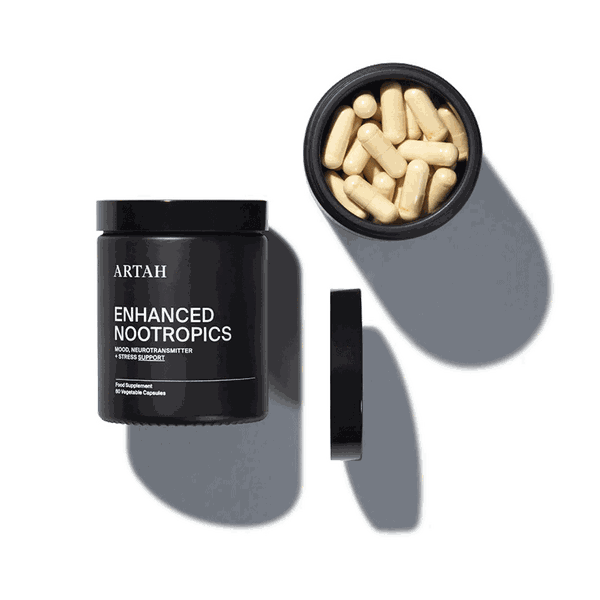
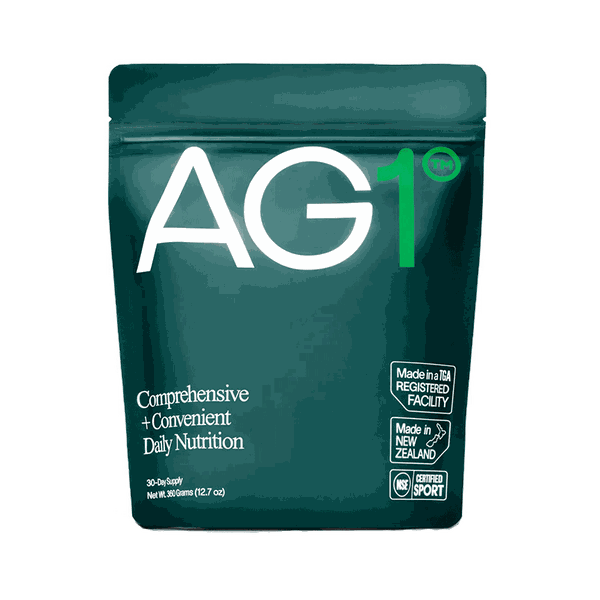
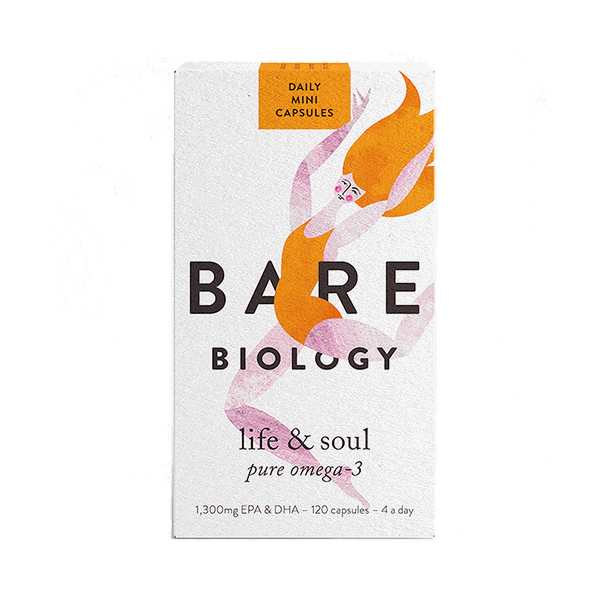
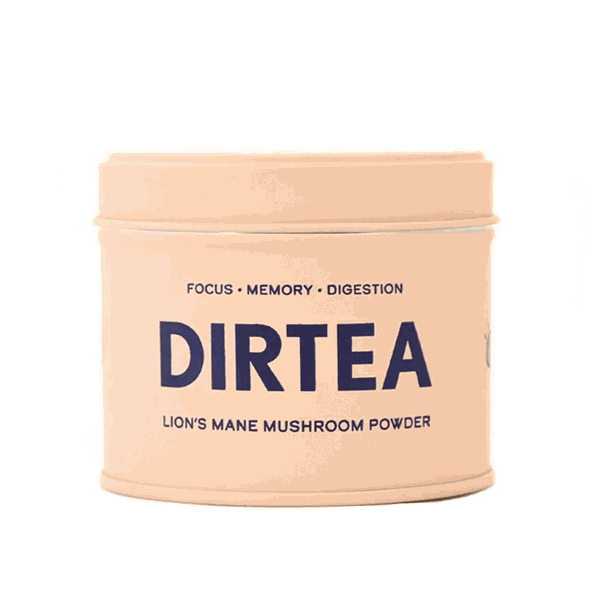
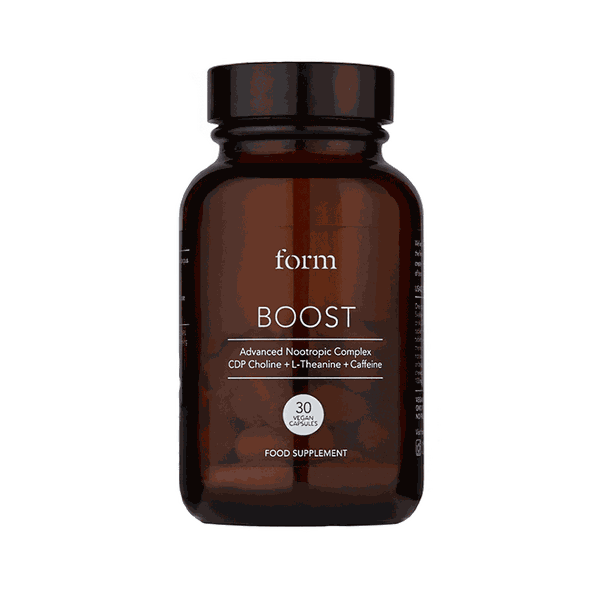

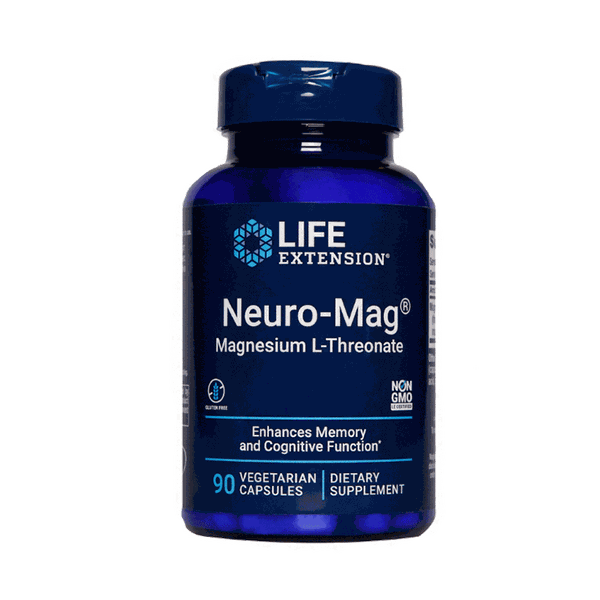
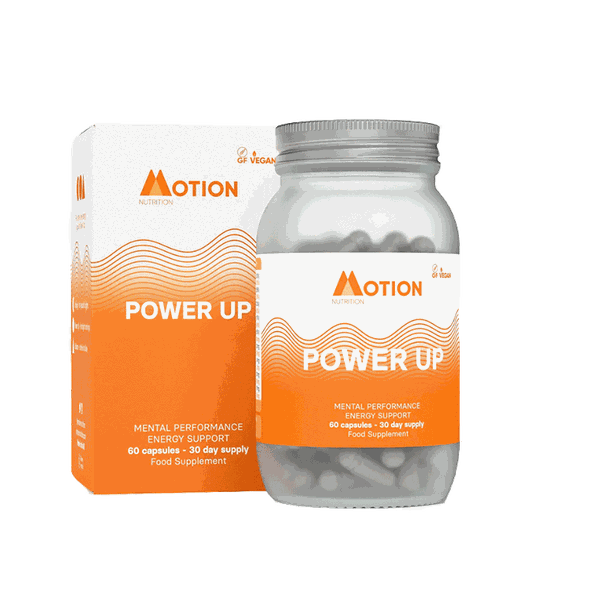
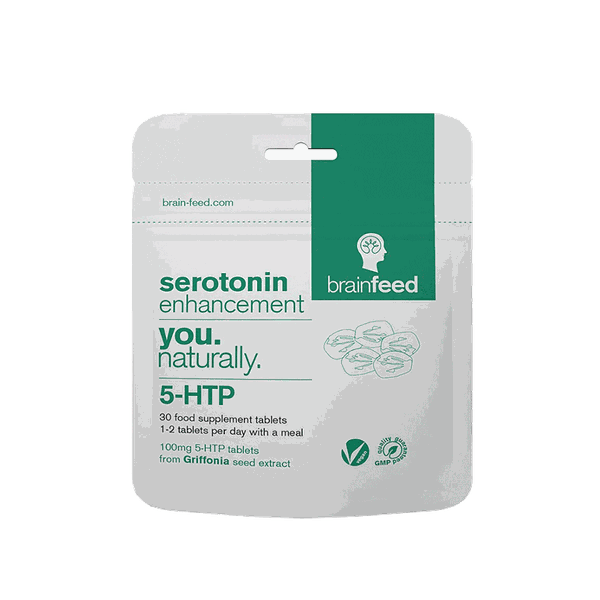
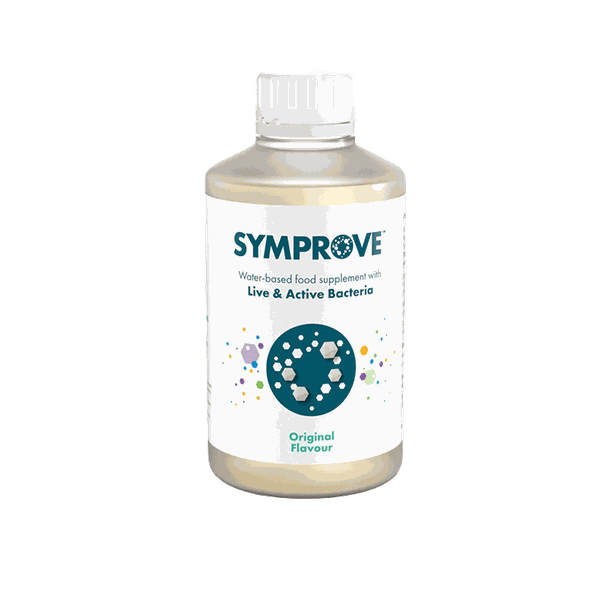
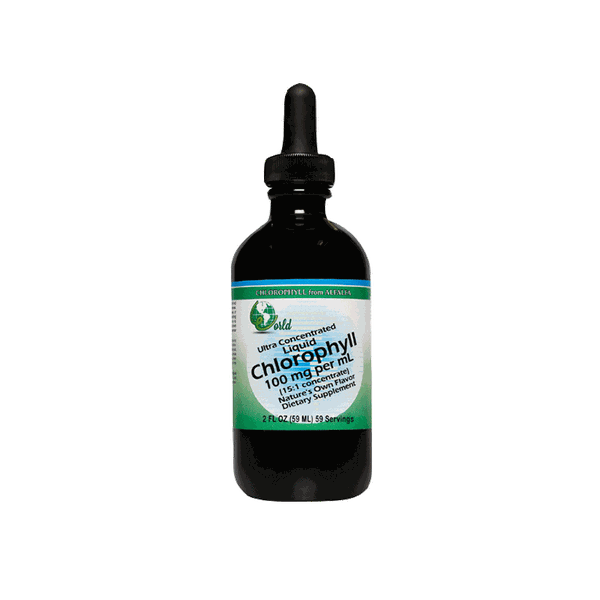
DISCLAIMER: Features published by SLMan are not intended to treat, diagnose, cure or prevent any disease. Always seek the advice of your GP or another qualified healthcare provider for any questions you have regarding a medical condition, and before undertaking any diet, exercise or other health-related programme.
All products on this page have been selected by our editorial team, however we may make commission on some products.
DISCLAIMER: We endeavour to always credit the correct original source of every image we use. If you think a credit may be incorrect, please contact us at [email protected].


